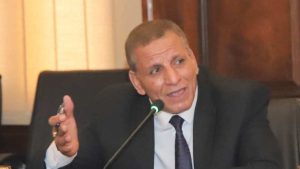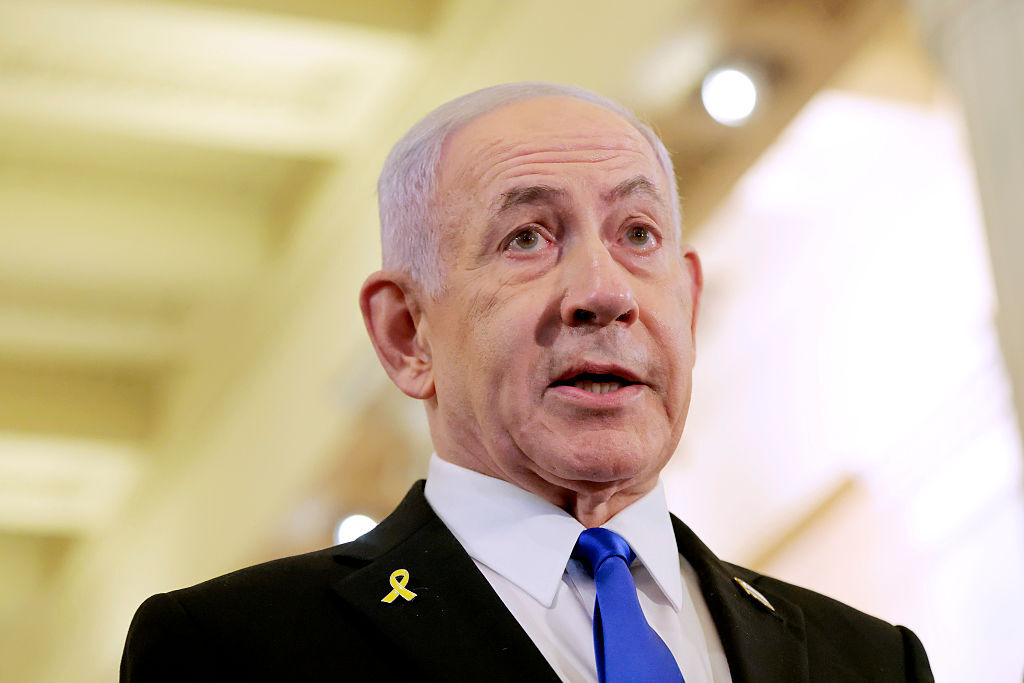Israeli Prime Minister Benjamin Netanyahu has instructed his ministers not to speak publicly about imposing sovereignty over the West Bank, fearing that US President Donald Trump might withdraw his implicit support for the plan.
According to the Israeli newspaper “Maariv,” Netanyahu was scheduled to hold a political-security meeting in his office to discuss imposing sovereignty on the West Bank and possible responses against the Palestinian Authority and countries intending to recognize the State of Palestine. However, the meeting was postponed without reasons given, and no new date was set.
Sources confirmed that Netanyahu emphasized to his ministers the need to “minimize public discussion” about the move, considering that any public statements might push Trump to change his position, especially after the US administration expressed reservations about settlement projects like “E1.”
Officials pointed out that there is no official announcement from the US administration supporting sovereignty imposition, even partially, nor are there joint working groups or practical activity with Washington in this regard.
They said, “The situation is calm in the US capital, so Israel is working quietly because any noise could be harmful.” Israelis fear that any public move or official statement might trigger sensitivity within the US administration and directly affect Trump’s stance.
The newspaper mentioned that in Israel, it is believed there is a “unique momentum” represented by the presence of a friendly US administration, an active right-wing government in Jerusalem, and the anticipated international declaration recognizing a Palestinian state, which provides Israel with additional cover to justify its steps as a response measure.
However, decision-makers understand that the current American silence could turn into open opposition if Israel causes a media stir. Observers note that the current situation differs greatly from the past, as previous US administrations, whether Democratic or Republican, strongly opposed settlement expansion, especially projects considered obstacles to the two-state solution. Today, after a briefing from the White House, it became clear that the current administration is not committed to the traditional policy on this file, which is seen in Israel as an opportunity but also a double-edged sword.
Last August, the far-right Israeli Finance Minister Bezalel Smotrich approved a settlement plan in the “E1” area, which connects Jerusalem with several settlements such as “Ma’ale Adumim.”
This project is considered one of the most dangerous plans because it separates East Jerusalem from the West Bank and prevents any Palestinian geographical continuity.
The plan had been frozen for decades under international pressure and is viewed as a strategic obstacle to establishing a contiguous Palestinian state.













Recommended for you
Exhibition City Completes About 80% of Preparations for the Damascus International Fair Launch
Talib Al-Rifai Chronicles Kuwaiti Art Heritage in "Doukhi.. Tasaseem Al-Saba"
Unified Admission Applications Start Tuesday with 640 Students to be Accepted in Medicine
Egypt Post: We Have Over 10 Million Customers in Savings Accounts and Offer Daily, Monthly, and Annual Returns
His Highness Sheikh Isa bin Salman bin Hamad Al Khalifa Receives the United States Ambassador to the Kingdom of Bahrain
Al-Jaghbeer: The Industrial Sector Leads Economic Growth